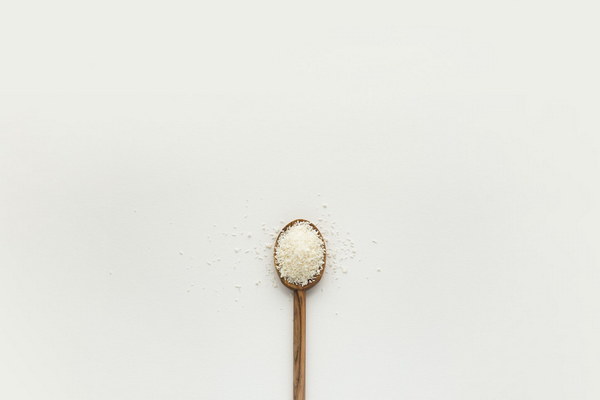Revitalize Your Lungs Discover the Power of Traditional Chinese Herbal Remedies for Smoking Detoxification
In today's fast-paced world, where pollution and exposure to harmful substances are increasingly common, taking care of our lungs has become more crucial than ever. Smoking, in particular, poses significant risks to respiratory health, leading to various respiratory conditions. However, traditional Chinese medicine offers a natural solution to this problem through its unique approach to lung health. One such solution is the use of Chinese herbal remedies that focus on nourishing, clearing, and detoxifying the lungs. This article explores the benefits of these remedies and how they can help you revitalize your lungs and combat smoking-related toxins.
The Concept of Lung Health in Traditional Chinese Medicine
In traditional Chinese medicine (TCM), the lungs play a vital role in the body's overall health and well-being. The lungs are responsible for the intake of oxygen and the removal of carbon dioxide, making them crucial for maintaining the balance of yin and yang within the body. According to TCM, smoking can disrupt this balance, leading to various health issues, including lung inflammation, cough, and phlegm production.
Chinese herbal remedies for lung health aim to restore this balance by addressing the root causes of lung-related issues. These remedies typically include a combination of natural herbs known for their lung-nourishing, clearing, and detoxifying properties.
Top Chinese Herbal Remedies for Lung Health
1. Gancao (Licorice Root)
Gancao, or licorice root, is one of the most commonly used herbs in TCM. It has been used for centuries to nourish the lungs, alleviate cough, and reduce inflammation. Gancao helps to harmonize the body's Yin and Yang, making it an excellent herb for smoking detoxification.
2. Xianrencao (Lungwort)
Xianrencao, or lungwort, is another popular lung-nourishing herb. It has been used to treat respiratory conditions, including cough, asthma, and bronchitis. Xianrencao contains saponins, which are known for their anti-inflammatory and expectorant properties.
3. Baical Skullcap (Scutellaria baicalensis)
Baical skullcap is a potent herb with a wide range of health benefits. In TCM, it is primarily used to clear heat, reduce inflammation, and support lung health. Baical skullcap can help alleviate symptoms such as cough, phlegm, and sore throat, making it an excellent choice for smoking detoxification.

4. Mahuang (Ephedra sinica)
Mahuang, or ephedra, is a traditional Chinese herb used to expel phlegm and clear the lungs. While mahuang has been linked to health risks when used in high doses, it is often included in herbal formulas to provide relief from respiratory conditions. When used in appropriate dosages and under the guidance of a TCM practitioner, mahuang can be a valuable addition to a smoking detox regimen.
5. Baizhu (Atractylodes macrocephala)
Baizhu is a TCM herb known for its ability to support lung health and improve overall respiratory function. It is often used to treat cough, phlegm, and bronchitis. Baizhu can help to strengthen the immune system, making it easier for the body to fight off smoking-related toxins.
Using Chinese Herbal Remedies for Smoking Detoxification
To effectively use Chinese herbal remedies for smoking detoxification, it is essential to consult with a qualified TCM practitioner. They can create a personalized herbal formula tailored to your specific needs, taking into account your overall health, constitution, and the severity of your smoking-related symptoms.
When using these remedies, it is important to follow the prescribed dosage and duration of treatment. While herbal remedies can provide significant relief and support lung health, they should not be used as a substitute for quitting smoking. It is always best to combine herbal therapy with lifestyle changes, such as quitting smoking, improving diet, and engaging in regular physical activity.
In conclusion, Chinese herbal remedies offer a natural and effective way to support lung health and combat smoking-related toxins. By incorporating these traditional practices into your wellness routine, you can revitalize your lungs and improve your overall well-being. Remember to consult with a TCM practitioner before beginning any herbal treatment to ensure safety and efficacy.









